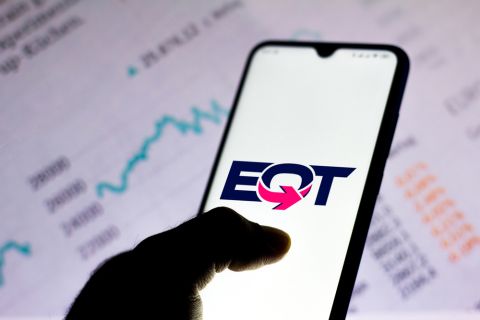U.S. forecasts anticipating oil production rising 800,000 to 1 million barrels per day this year are "too aggressive," shale giant Pioneer Natural Resources' CEO Scott Sheffield said on May 5, suggesting oil prices could rise further.
The U.S. Energy Information Administration (EIA) forecasts oil production to rise by about 800,000 bpd this year to average 12 million bpd and hit nearly 13 million bpd in 2023, according to its most recent estimate.
"The growth profile that EIA has, and some of the other think-tank firms, I think it's too aggressive over the next two years for U.S. oil production," Sheffield told investors during an earnings call.
Pioneer anticipates increasing its own oil output by no more than 5% this year, to between 350,000 bpd to 365,000 bpd.
U.S. oil producers have been urged by President Joe Biden to increase output and relieve some of the pressure on motor fuel price increases fueling inflation. Most have cautioned they cannot easily ramp up output.
Sheffield said labor and supply chain constraints will continue to hamper how quickly producers can add to oil and gas production.
Pioneer's first quarter costs were higher than guidance, and the company last week disclosed it would temporarily add a hydraulic fracturing fleet to make up for a production shortfall the resulted from an unplanned outage at a supplier.
Its production cost jumped to $11.14 per barrel of oil and gas for the first quarter, versus $9.23 per BOE last quarter
"What's happening now in regard to labor constraints, frack fleet constraints, inflation constraints - I just think it's going to be tough to hit some of the numbers. It even makes me even more bullish about some of the oil price numbers that are out there," Sheffield said.
Rival APA Corp. also told investors that supply chain issues were holding back production growth.
"Given the substantial supply chain bottlenecks and scarcity of oil service equipment and fuel personnel, any attempt to increase activity in the U.S. would be logistically challenging and capital inefficient," APA CEO John Christmann said on Thursday.
Recommended Reading
SLB’s ChampionX Acquisition Key to Production Recovery Market
2024-04-21 - During a quarterly earnings call, SLB CEO Olivier Le Peuch highlighted the production recovery market as a key part of the company’s growth strategy.
PHX Minerals’ Borrowing Base Reaffirmed
2024-04-19 - PHX Minerals said the company’s credit facility was extended through Sept. 1, 2028.
BP Restructures, Reduces Executive Team to 10
2024-04-18 - BP said the organizational changes will reduce duplication and reporting line complexity.
Matador Resources Announces Quarterly Cash Dividend
2024-04-18 - Matador Resources’ dividend is payable on June 7 to shareholders of record by May 17.
EQT Declares Quarterly Dividend
2024-04-18 - EQT Corp.’s dividend is payable June 1 to shareholders of record by May 8.





